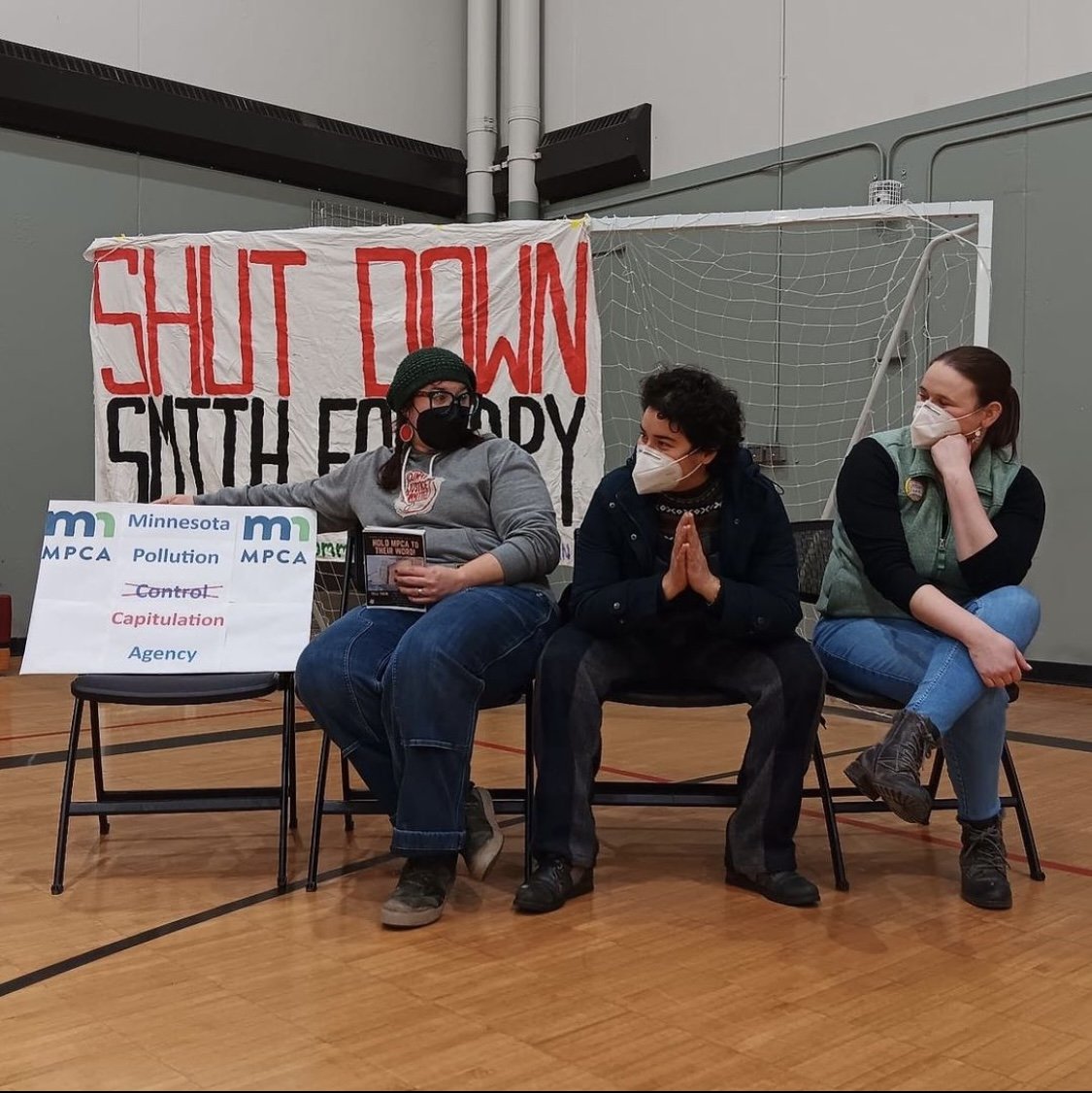
Howdy! My name is Toya López, and I’m running to be the next State Representative for District 61A in Minneapolis, MN (Elliot Park, Byrn Mawr, Cedar-Isles-Dean, Downtown, East Isles, Harrison, Kenwood, Loring Park, Lowry Hill, Lowry Hill East, and Wedge Neighborhoods).
I have a master’s degree in healthcare administration from the University of Minnesota School of Public Health. I’m a second-generation Mexican/Colombian American, born and raised in Kansas. I moved to Minneapolis in 2017 and since then I’ve been a community advocate, leading on all things health and climate. My parents work in Oncology (cancer care). They taught me the importance of integrity and never turning away a patient in need. They also taught me the importance of Latino role models and instilled me with pride in my heritage. My grandfather was a politician. My favorite story about him took place when my father was a little boy, and my grandfather identified the need for education in his village. However, there were no buildings available for them to establish a school. So, my grandfather set up the first school in their village in the second room of his two-room home.
Although I was a young trauma survivor, and had undiagnosed neurodivergence, I graduated from high school at the age of sixteen. Throughout my time obtaining an undergraduate degree, I was an advocate for mental health, sexual abuse survivors, anti-human trafficking, and suicide prevention. Among my first accomplishments was advocating for the implementation of depression and anxiety screenings at the local health department clinic, and the referral system which resulted in this advocacy. I also led a handful of student groups as an undergraduate and graduate student.
In 2016, while working on my Public Health Fellowship, the parallels between environmental degradation and our health became clear to me. Environmental decline is killing people. Later in 2017, one of the largest prairie fires in Kansas’ history swept through the plains, burning over 600,000 acres of land. Livestock, crops, homes, and human lives were all tragically consumed by its flames. Miles away, the sky was red. I’d never seen anything like it. Later that year, Hurricane Maria hit Puerto Rico, causing critical pharmaceutical shortages across the US for various drugs. Among the most crucial of shortages, saline bags. This is when the dire state of our supply chain systems and their particular vulnerability at the hands of a changing climate came into my purview. I, like many Midwesterners, also grew up with the backdrop of urban decay, of abandoned factories that once made products for brands still popular today. Holding this, I aim to facilitate community prosperity and resilience by addressing environmental concerns that impact us all.
Previously, I worked at Hennepin Healthcare (HCMC) in environmental sustainability and population health. My work addressed food insecurity, housing insecurity, and energy burden. I still use these measures, in addition to other Social Determinants of Health when evaluating, partnering, and implementing solutions in community. I apply these measures when proposing policies that align with making healthcare accessible to patients across traditionally separated departments and jurisdictions, (such as when mitigating for black mold and other asthmagen exposure). It is said that the most influential health indicator is your zip code. Working in a community “anchor” organization, I realized the importance of hiring and sourcing. I came to understand the investing power large organizations have, which can be put towards community wealth building. I use this holistic approach to work toward socio-economic justice- because social and economic issues are health issues.
So, as the result of the knowledge I’ve gained, I’ve decided to directly confront formal and informal systems of oppression. But this oppression is reinforced in “justice” spaces when advocates (and other vocational disciplines) continue to work in ways similar to their supremacist counter-parts. In other words, I believe it’s important to change the way I approach solidarity by strengthening these values in my day-to-day life. I’ve done this by embodying Rest as Resistance.
In 2021, when I needed to take a hiatus, I was grateful to my allies for teaching me that setting a boundary for self-care is immeasurably valuable for the movement- more so than pushing through health needs to contribute labor. Often, in passionately motivated spaces, we “burn ourselves at both ends.” This martyr complex is harmful to us as individuals and as a community at large. It widens the inaccessibility of civic participation for the disabled, low-income, and other marginalized folks. As a young person who joined many committees and boards, I faced the phenomenon of organizations wanting a “diverse” panel, while doing nothing to challenge the status quo. I know what it’s like to go into spaces of power and make my contemporaries uncomfortable. I believe in exposing “peacekeeping” if it only means to silence voices rather than to progress quality of life. I believe in removing all barriers which keep civil participation from being inclusive.
Since moving to Minneapolis, I’ve been continuously empowered by local community leaders and their praxis building. With deep appreciation, I intend to continue the support of mutual aid and direct action as a valid response to endured trauma that results from unmet needs. I want to acknowledge that justice goes beyond electoral politics, past mobilizing around these issues. I desire for my campaign for 61A to support our growing movement toward revolutionary systemic change. It’s an honor to work, sing, dance, grieve, and collaborate with the many resilient communities of Minneapolis, MN.






